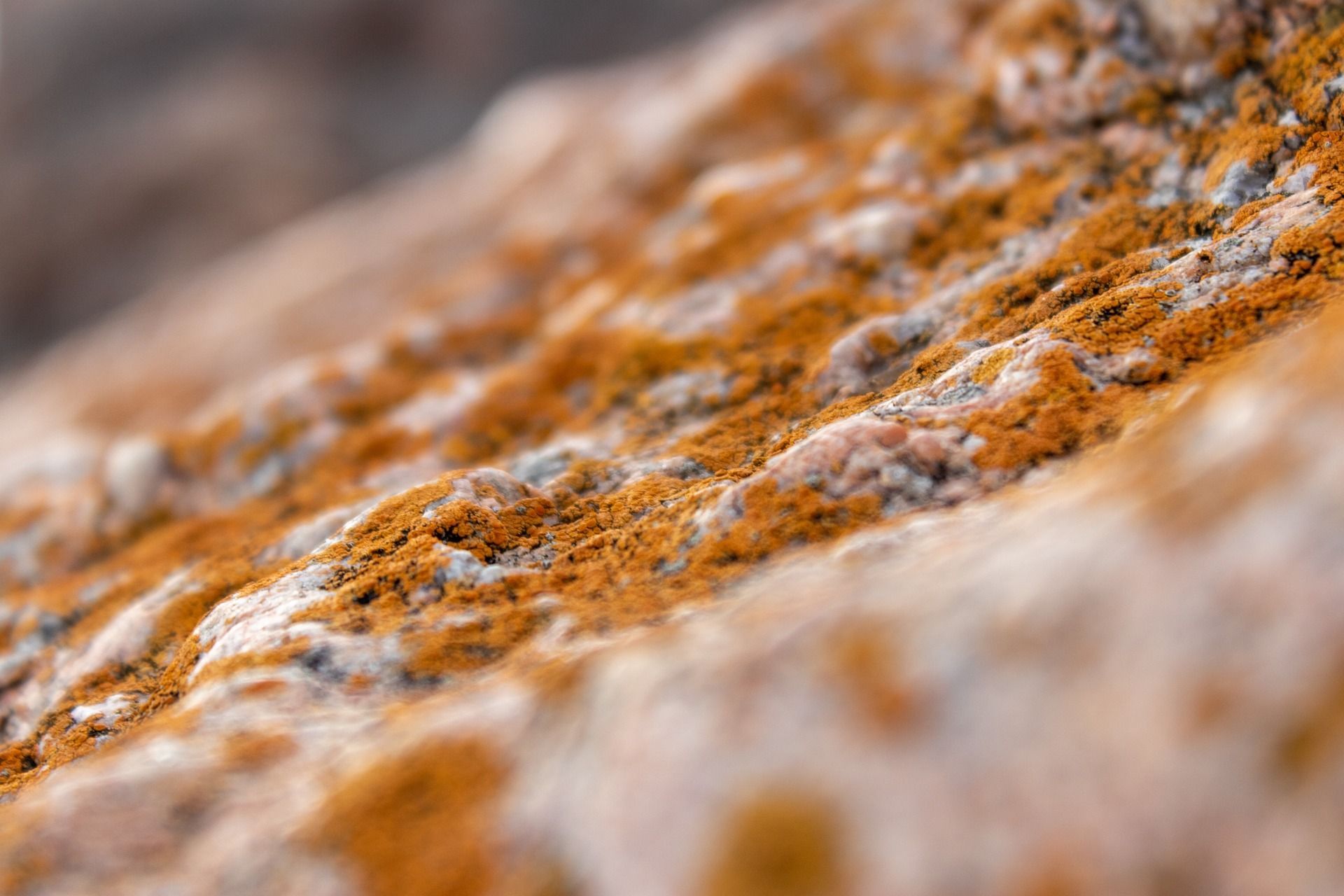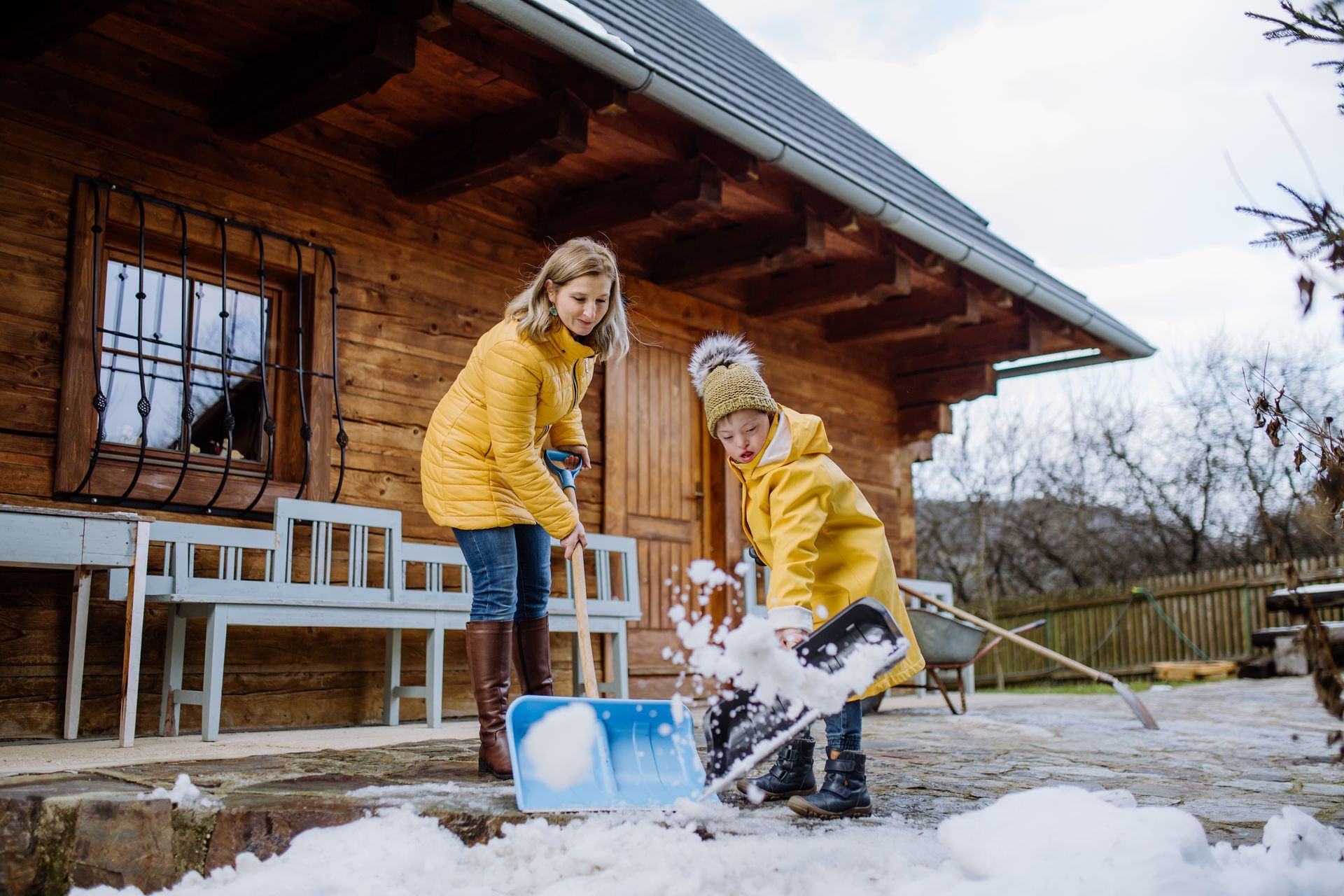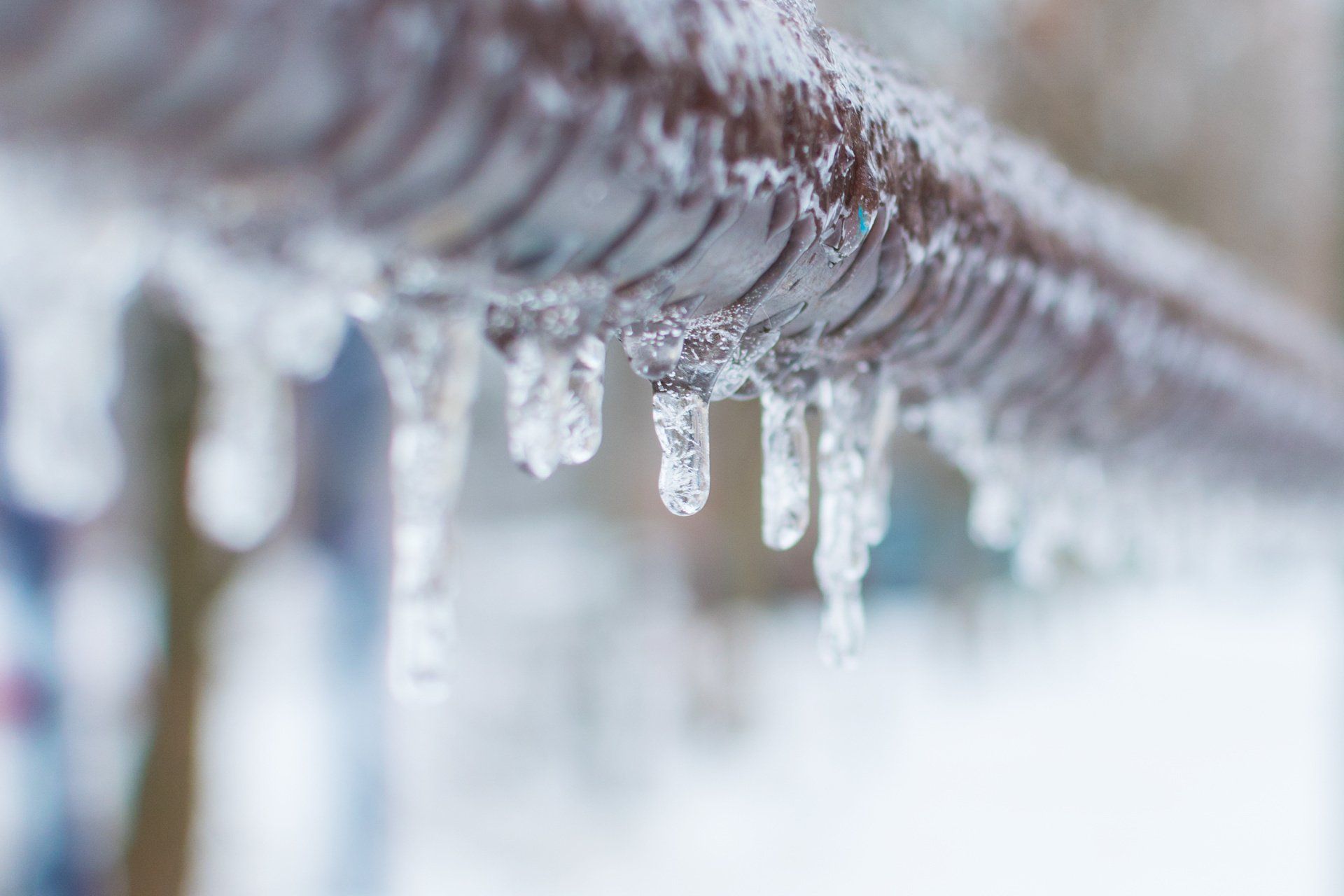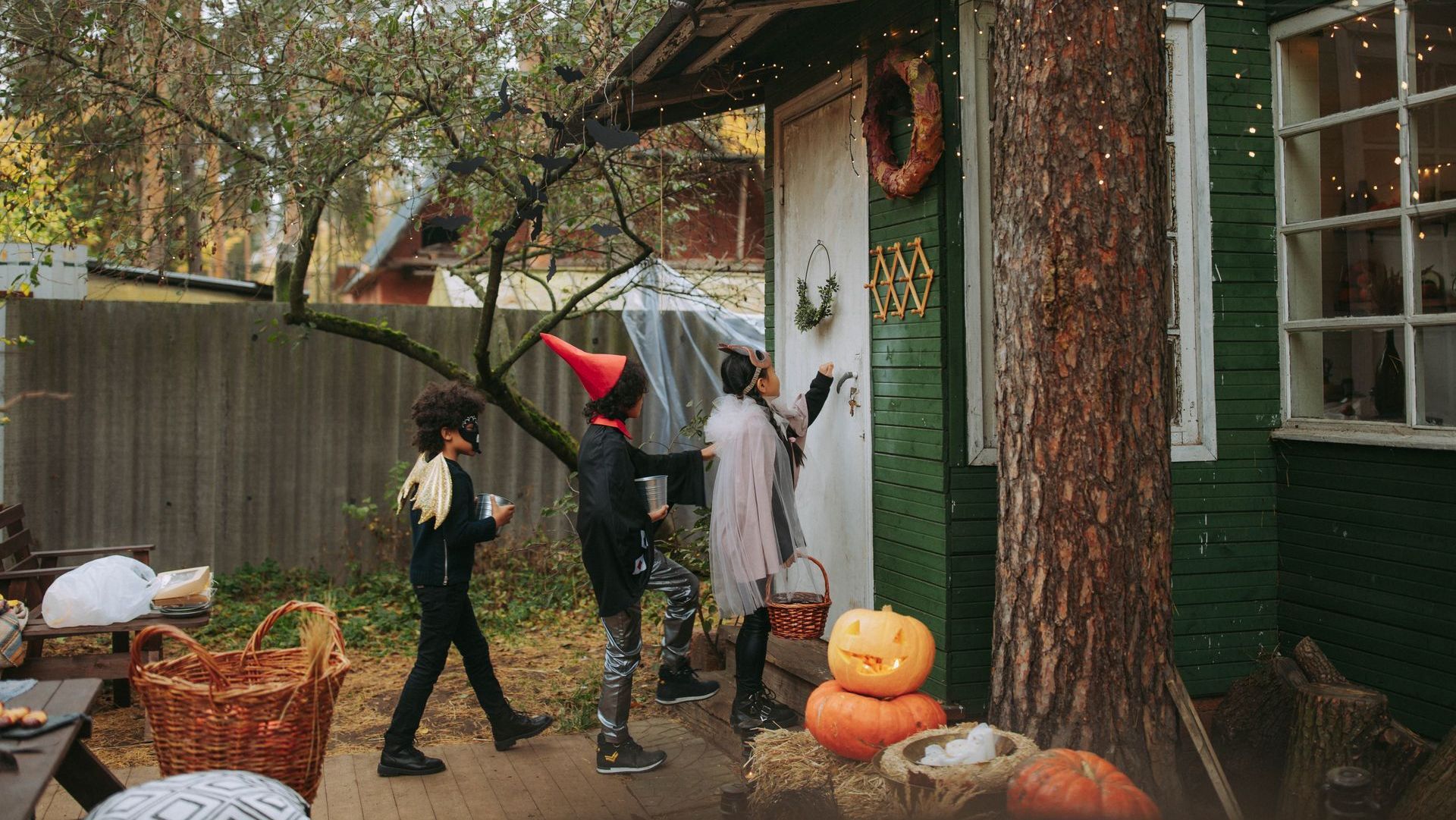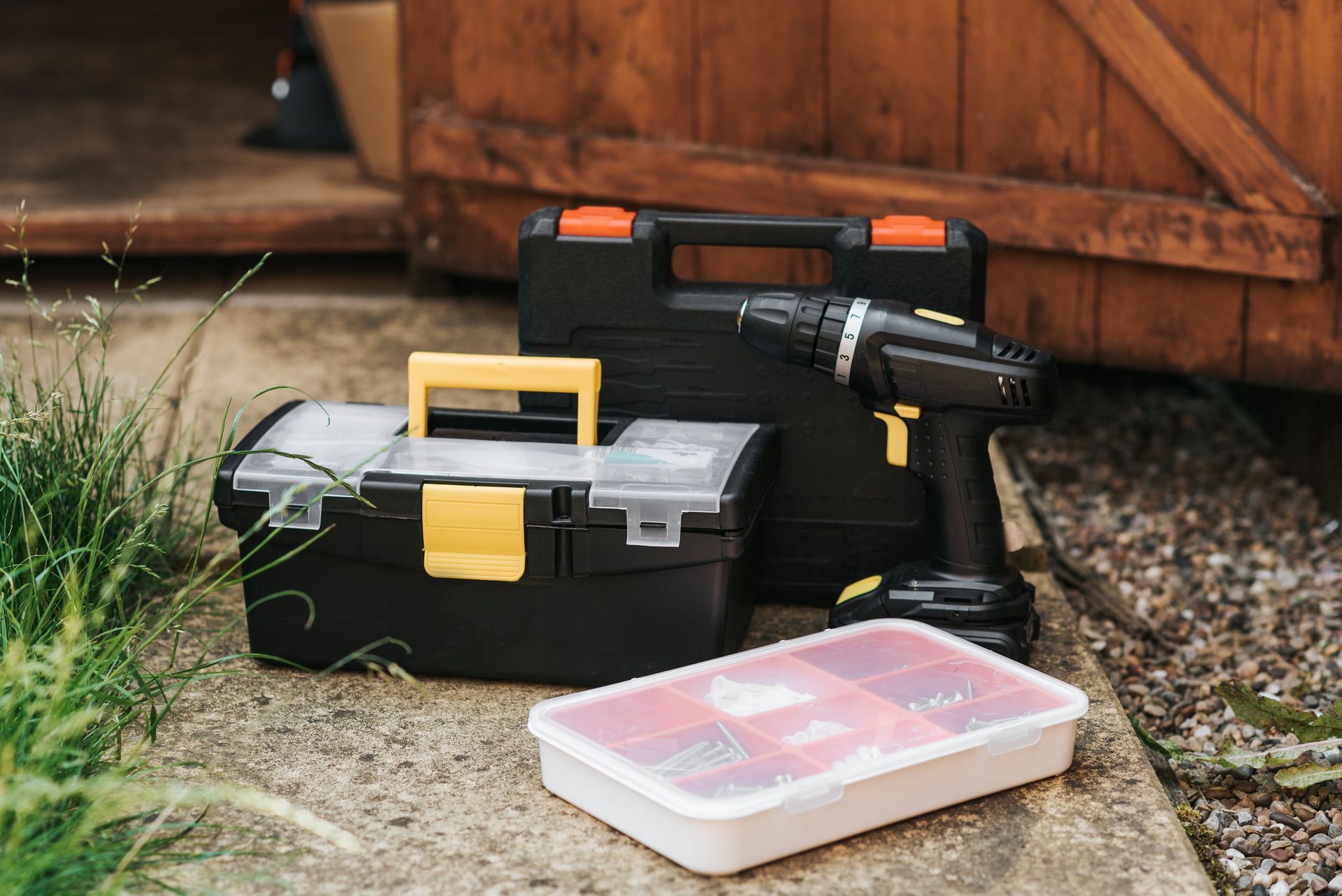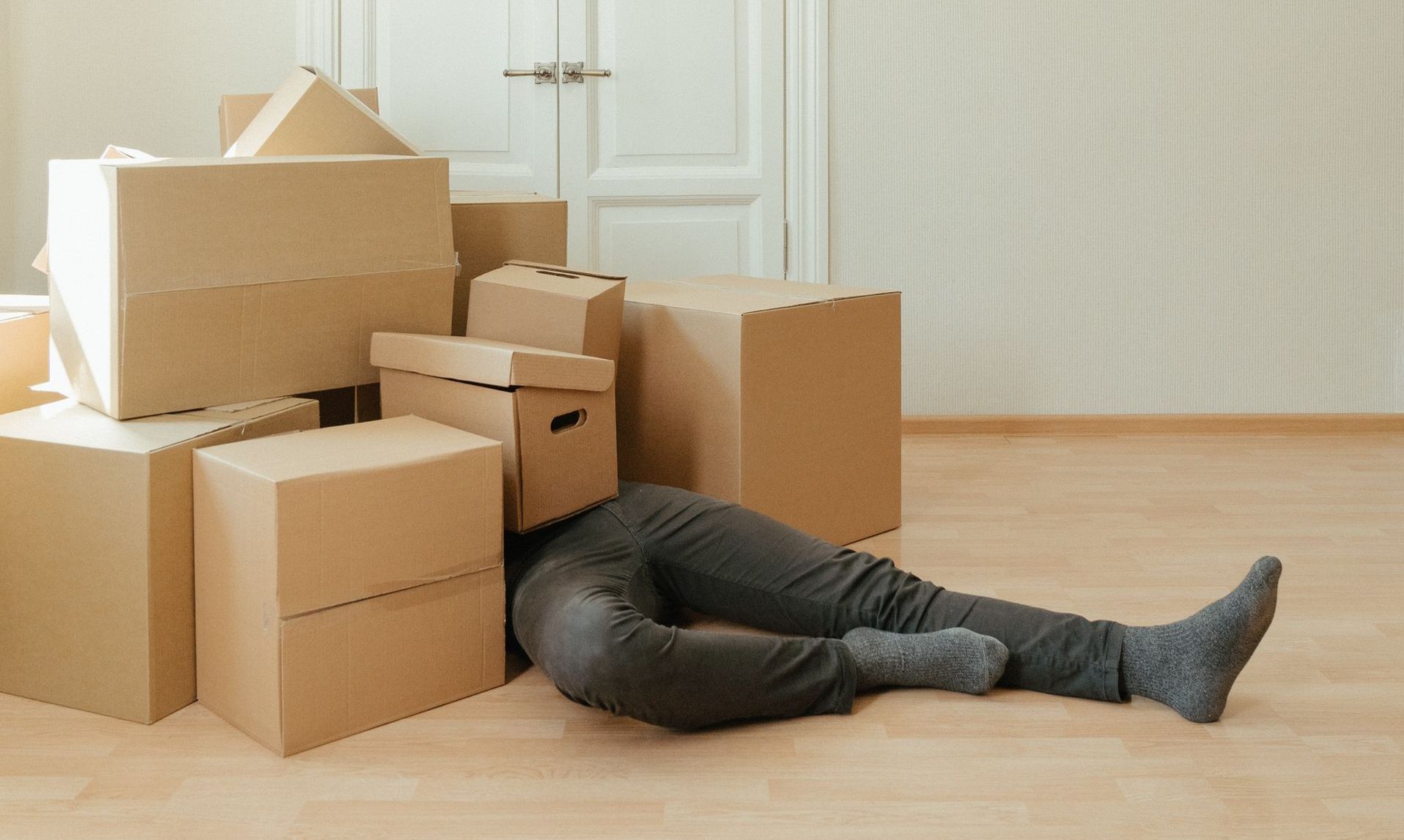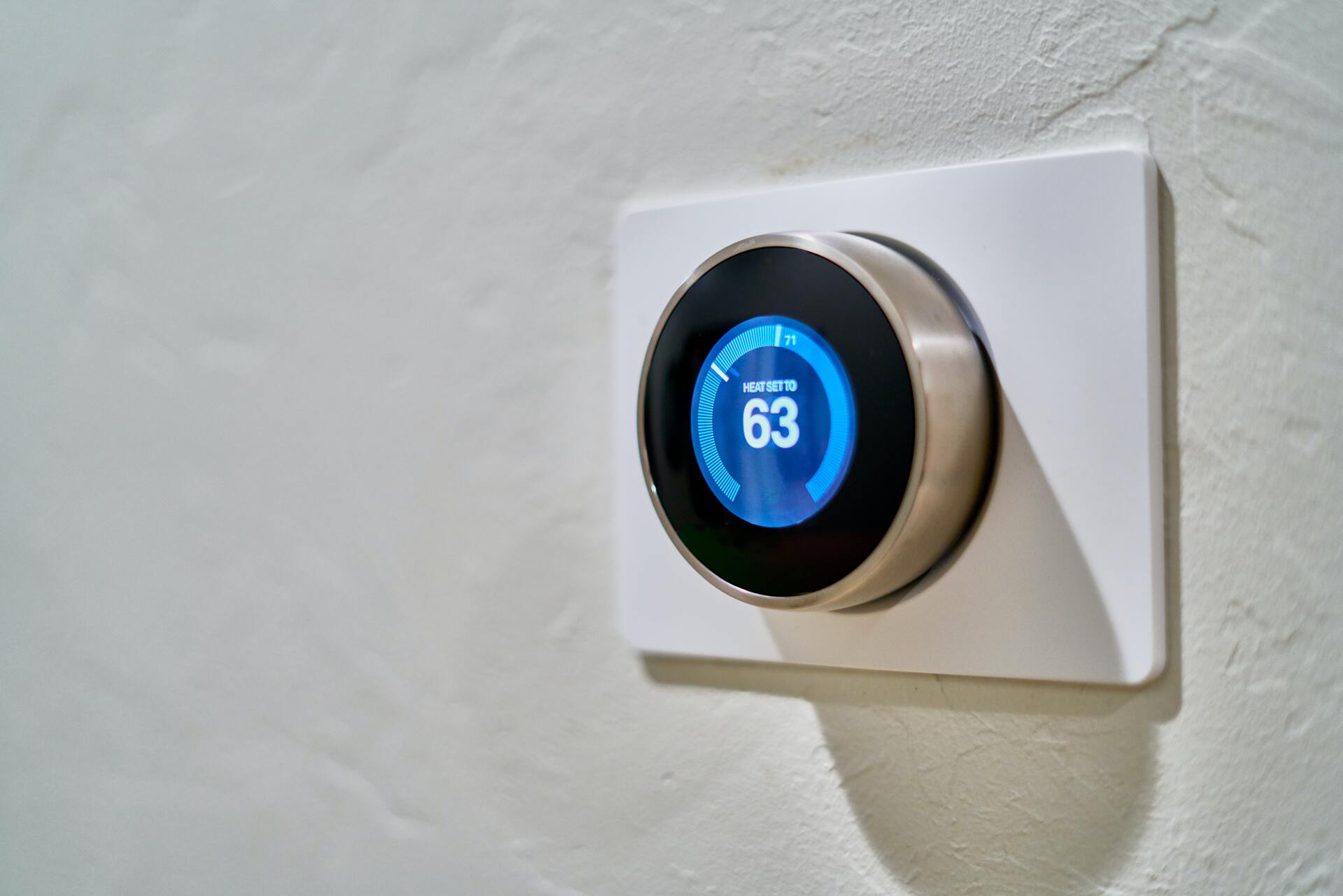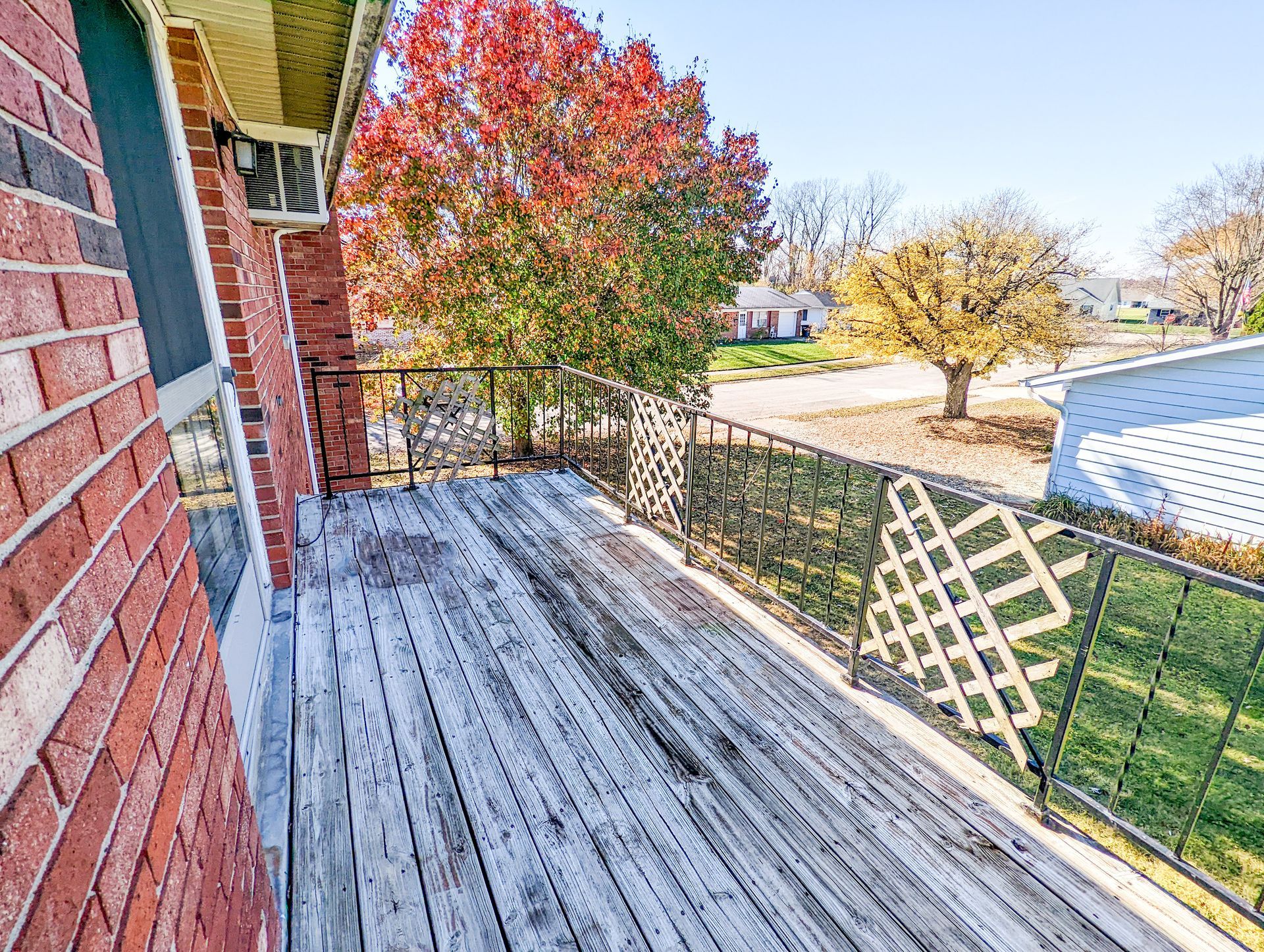MiddleTown's Guide to Mold and Mildew
What is mold, and how can you prevent it?
While we make every effort to keep our properties free of organic growth like mold, certain conditions can cause this type of fungi to grow. It is important to understand what mold really is and how to prevent it from forming in your rental. By following our steps below, you can help to keep your home free of organic growth!
What is Mold?
Mold is microscopic fungus that is present almost everywhere, both indoors and outdoors. Mold spores may be found lying dormant on surfaces and cause little problem unless conditions are present that cause the spores to germinate and grow mold. Outdoors, mold growth is a vital part of the ecosystem. Unless there is the significant moisture content, nutrients, and the correct temperature, mold should not grow indoors.
Mold Misconceptions
- Mold testing is always necessary - If you notice organic growth, you should assume that it needs to be removed even without conducting a mold test. Mold testing can be expensive and does not always provide useful information. This is especially true since research on the relationship between mold exposure and health effects is still ongoing, meaning that there is no standard definition by either the state or federal government about which types of organic growth are harmful and in what air concentrations. Because of this, it can be more efficient to direct resources toward preventing and removing the growth rather than toward testing. All mold, mildew, or other types of organic growth forming indoors should be remediated regardless of type.
- Toxicity is related to mold color - Many believe that all black mold is deadly; however, this is a popular misconception. Molds come in a variety of types that can cause health effects that vary in severity. Mold types associated with higher health risks may not be identifiable by color alone, and these types may not be the color you expect. For example, Stachybotrys chartarum, a type of mold that can produce mycotoxins, can be black or green in color. Again, you should always take steps to remove and prevent all organic growth regardless of color.
- Mold will make everyone sick in the same way - Some types of organic growth aren't as associated with sickness. If you happen to come into contact with a more toxic mold, you may experience some flulike symptoms such as a runny nose, congestion, or a cough. If you have asthma, allergies, or are otherwise immunocompromised, it is especially important that you know how to take care of organic growth as it can aggravate these pre-existing conditions. Even if you don't feel sick, if you discover organic growth in your home, it needs to be properly removed.
How can you tell if mold is present?
In short, you can't determine if mold is present just from looking at an area where you think it might be. There are certain signs to look for that can indicate organic growth, but these signs do not guarantee its presence—they can only assist in its identification.
- Discoloration - Mold can be many different colors, including black, white, red, yellow, blue, green, or violet. Mildew is nearly always white in color. It is important to note that not all discoloration is mold. Discoloration can be caused by many different factors, including smoke and stains.
- Smell - When mold or mildew is present, there is sometimes a musty or earthy smell that accompanies it. Not all molds will create this smell.
Preventing Mold and Other Types of Organic Growth
It is important to control moisture and keep your home dry to prevent mold, mildew, and other types of organic growth from forming. They will only grow if there are conditions favorable enough to cause germination.
- Report all leaks, signs of excessive moisture, or possible mold to MiddleTown Living as soon as possible. Any leaks that are left unattended could provide the moisture that mold and other types of organic growth need to grow. Having leaks repaired and excessive moisture remediated as soon as possible can aid in preventing organic growth. If you notice discoloration or a musty smell, let our office know by submitting a work order either through your online portal or by calling our offices at 765-289-7618.
- Keep your apartment or house as dry as possible. Be aware of the different activities that can cause moisture in your rental and how you can prevent them.
- Properly ventilate your unit. Proper ventilation is an important part of keeping your unit dry and free of excessive moisture.
- Open windows and use fans to circulate fresh air through your rental on dry days.
- Use the bathroom fan when showering and be sure to leave it on until all excess moisture is vented.
- Use exhaust fans when cooking and while the dishwasher is running. Allow the fan to run until all excess moisture is vented.
- Do not block any heating, ventilation, A/C ducts, or your laundry system. It is important to keep these areas clear.
- When it is damp or rainy, keep windows and doors closed. Moisture can enter during these conditions.
- Maintain a temperature of between 55°F and 80°F within your rental at all times. Mold and other types of organic growth need the proper temperature to grow.
- Clean and dust your rental on a regular basis. Keeping your rental clean by dusting and vacuuming can remove mold-causing dirt and debris.
- Wipe down surfaces that accumulate moisture. Countertops, windows, window sills, and glass doors should be wiped down when moisture builds up.
- Be careful when doing the laundry. Check for condensation build up when using hot water. Make sure that the dryer vent is operating properly and that you are cleaning off the lint screen with every use. Do not leave damp clothes to lie around.
- Clean up spills and stains as soon as they occur. Leaving water or moisture, such as pet urine, to accumulate can cause excess moisture and therefore organic growth.
- Do not overfill closets or storage areas. Keeping these spaces ventilated can help prevent growth.
While you can use cleaning products to clear mold and other organic growth, the problem can persist if conditions or activities that cause moisture are not eradicated. To completely get rid of the mold or organic growth, you must monitor the moisture levels in your unit to prevent the germination process.
Have a potential issue? Reach out to us!
If you believe you may have a moisture issue in your unit that could potentially lead to organic growth, please reach out to our maintenance team. You can submit a work order through your AppFolio online portal or reach out to our Resident Services department at 765-289-7618 for assistance.

